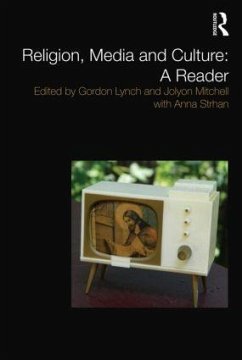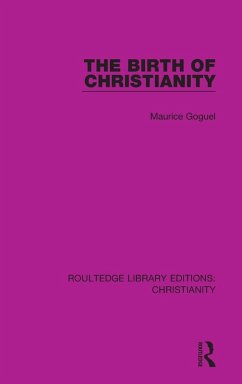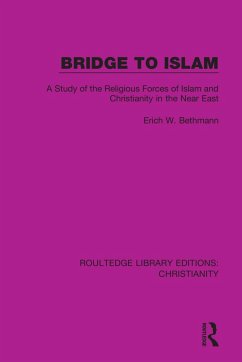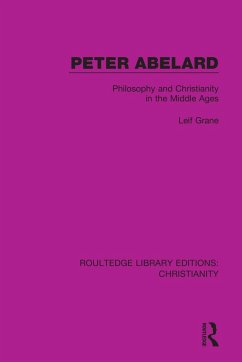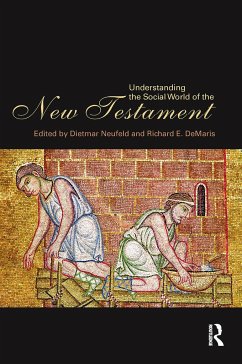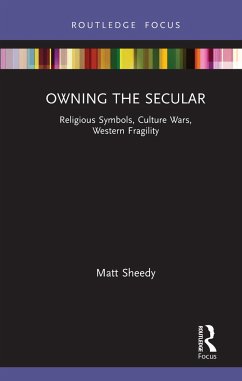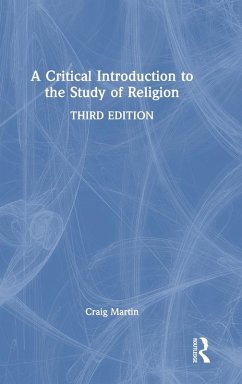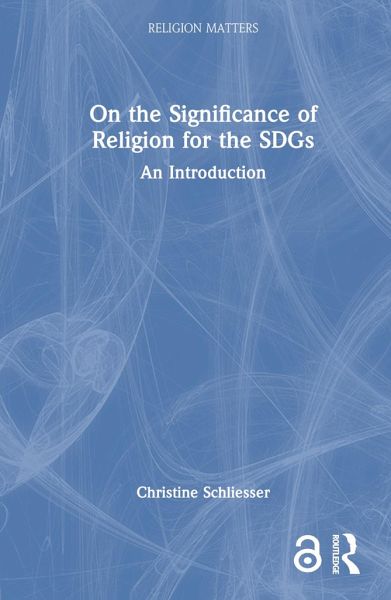
On the Significance of Religion for the SDGs
An Introduction
Versandkostenfrei!
Versandfertig in 1-2 Wochen
65,99 €
inkl. MwSt.
Weitere Ausgaben:

PAYBACK Punkte
33 °P sammeln!
This timely volume addresses the rising interest in the role of religion in global issues worldwide. The ambitious Agenda 2030 and the 17 Sustainable Development Goals (SDGs) serve as the framework for this exploration, discussing questions such as: What role does religion play in poverty and poverty alleviation? How does religion inspire people in combatting gender inequality? What is religion's role in fueling conflict and which resources can religion offer for peace and reconciliation? Based on the conviction that not one single faith tradition or discipline can adequately address the compl...
This timely volume addresses the rising interest in the role of religion in global issues worldwide. The ambitious Agenda 2030 and the 17 Sustainable Development Goals (SDGs) serve as the framework for this exploration, discussing questions such as: What role does religion play in poverty and poverty alleviation? How does religion inspire people in combatting gender inequality? What is religion's role in fueling conflict and which resources can religion offer for peace and reconciliation? Based on the conviction that not one single faith tradition or discipline can adequately address the complexity of current global issues, this book brings in the perspectives of different faith traditions and different disciplines. Combining cutting-edge research with case studies and concrete implications for academics, policymakers, and practitioners, this concise and easily accessible volume helps to build bridges between these different actors and their engagement. It serves as the introductory volume to the series, Religion Matters: On the Significance of Religion in Global Issues. The Open Access version of this book, available at www.taylorfrancis.com, has been made available under a Creative Commons Attribution-Non Commercial-No Derivatives 4.0 license.





